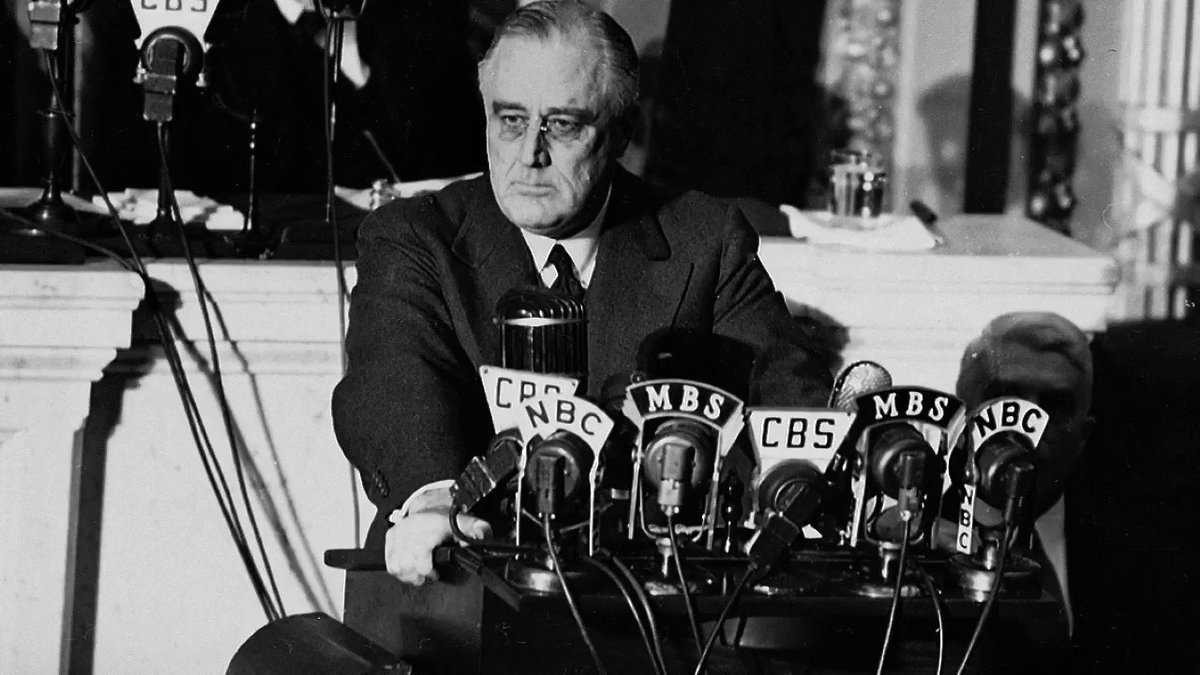This is an interesting question. It's kind of like "what should meteorology say about the weather?".
Excellent.
Why?
But the return on capital has gone up a bit. And for top companies the return on capital has absolutely soared!
Why is there so little investment?
Less investment
Higher returns for top companies
Reduced firm entry
Greater industrial concentration
Capital share of income has increased
Labor income inequality between firms has gone way up
Organic growth by efficient firms and exit by inefficient ones?
Global competition?
Increasing returns to scale and network externalities?
Reduced antitrust enforcement?
Increased barriers to entry from regulation?
Health care doesn't look like that at all.
Furman also thinks land use restrictions, occupational licensing, and regulatory barriers to entry are part of the story too.
He says IO economists initially reacted smugly to the macro people, saying "well everything's endogenous" and basically ignoring it.
But then labor economists agreed with macro people...
(I'm pretty sure that's not right...)
But then, he asks, where else could all the trends that Furman showed coming from?
(Weirdly, the wholesale sector is growing and becoming concentrated, not dying.)
Maybe information technology is increasing fixed costs, he says.
We need more IO theory about how competition works in these sectors.
(really??)
He notes that many "merger retrospective" studies found that prices rose after mergers (usually after consultants claimed prices wouldn't rise!!).
(He notes that the Miller-Coors merger temporarily reversed a long-term trend of falling beer prices.)
(This is a variation of the same old "Chicago" argument that concentration is good because some companies are just really efficient.)
(To me this seems straightforward; just say no to a bunch of large mergers and see what happens!)
Hmm, you don't say?
We under-enforce mergers and IO economists need to urge stronger enforcement, BUT IO economists also need to smack down shaky evidence.
That should be alarming.
She notes that the "Chicago school" practice of treating "theory as fact" reigns supreme in the judiciary, because the Chicago school people managed to train a ton of judges.
IO people have asserted to her without evidence that most mergers enhance efficiency. That sort of ground-level conviction needs to change.
Reduced innovation
Easier collusion
Increased entry barriers
Monopsony power (finally!!)











